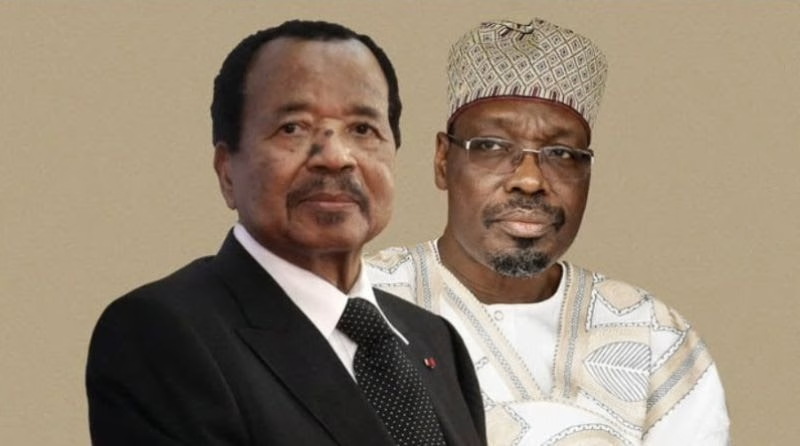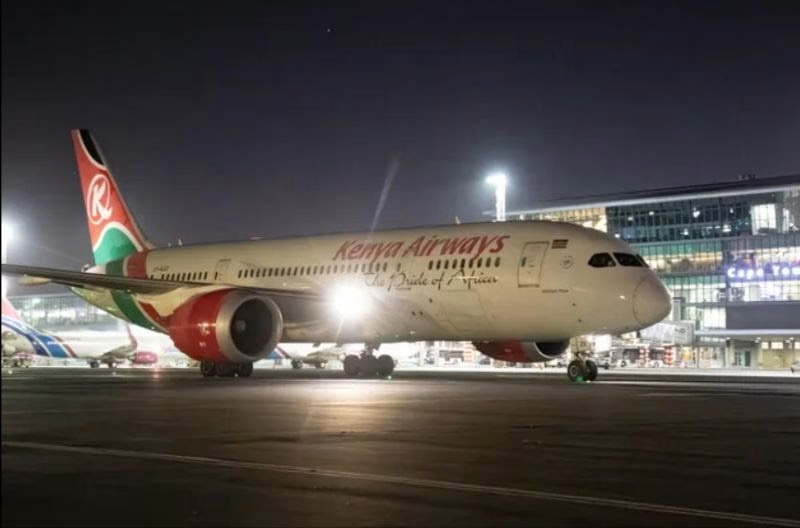Investigate Excessive Use of Force during Post-Election Protests
- Photo: Police deploy amid opposition protests in Maputo, Mozambique, November 7, 2024. © 2024 AP Photo/Carlos Uqueio
The Southern African Development Community (SADC) should publicly condemn the Mozambican authorities’ excessive use of force against postelection protesters, Human Rights Watch said today.
Since the protests began on October 24, 2024, Mozambican security forces have been implicated in killing at least 30 people throughout the country according to media reports. Human Rights Watch found that security forces indiscriminately fired tear gas into residential areas, exposing children to its effects.
An extraordinary summit of SADC heads of state and government on November 20 in Harare, Zimbabwe, issued a statement that expressed condolences for the lives lost in Mozambique during postelection violence, but failed to criticize the Mozambican security forces for the unlawful use of lethal force.
“SADC has squandered an opportunity to publicly condemn human rights abuses against postelection protesters in Mozambique,” said Allan Ngari, Africa advocacy director at Human Rights Watch. “The regional body should call on the Mozambique government to respect the right to peaceful protest under the African Charter on Human and Peoples’ Rights, and immediately cease its use of unnecessary and excessive force.”
In its November 20 statement, SADC pledged to work with Mozambique “in ensuring peace, security and stability through the SADC Organ on Politics, Defence and Security Cooperation.” Yet, the statement did not make any reference to the conduct of the Mozambican security forces during postelection unrest, which has resulted in the killing of dozens of people and injuries to hundreds more.
Postelection tensions in Mozambique escalated dramatically on October 10 when Venâncio Mondlane, an independent candidate supported by the leading opposition party, Partido Optimista pelo Desenvolvimento de Moçambique (Optimistic Party for the Development of Mozambique, known as PODEMOS), claimed victory in the October 9 elections.
On October 24, the election commission declared Daniel Chapo and the ruling party, Frente de Libertação de Moçambique (Mozambique Liberation Front, known as FRELIMO), the winners of the election. Thousands of opposition supporters then peacefully marched in Maputo, the capital, to protest the announced results. Across the country, some protesters burned tires and blocked roads. In response, riot police deployed with dogs and armored vehicles fired live ammunition, rubber bullets, and tear gas to disperse demonstrators, leading to violent standoffs between protesters and security forces in many parts of the country.
Since the unrest began, the authorities said they have detained over 400 people for alleged public disorder, looting shops, destroying public and private property, and an attack on a police station. The Mozambican Bar Association said that lawyers have secured the release of over 2,700 people they believe were detained unlawfully.
Given the ongoing violence against protesters, SADC still has an opportunity to press the Mozambique government and security forces to respect fundamental human rights in line with the SADC Treaty, Human Rights Watch said. SADC should establish a fact-finding mission to investigate abuses against protesters and others and seek accountability in accordance with international standards.
The African Union Guidelines for the Policing of Assemblies by Law Enforcement Officials in Africa provide that law enforcement officials must prioritize nonviolent methods and distinguish between peaceful protesters and those who engage in violence. Isolated acts of violence do not make a protest nonpeaceful. The intentional use of lethal force is prohibited unless strictly unavoidable to protect life. The United Nations Guidelines on Less-Lethal Weapons in Law Enforcement states that tear gas should only be used after appropriate warnings have been issued and protesters have been given time to safely disperse.
“SADC should press the Mozambican authorities to enforce human rights standards and prevent further loss of life amid the ongoing protests,” Ngari said. “International partners should back a regional fact-finding mission to investigate abuses before, during, and after the October elections, so that those responsible can be held to account.”











